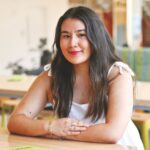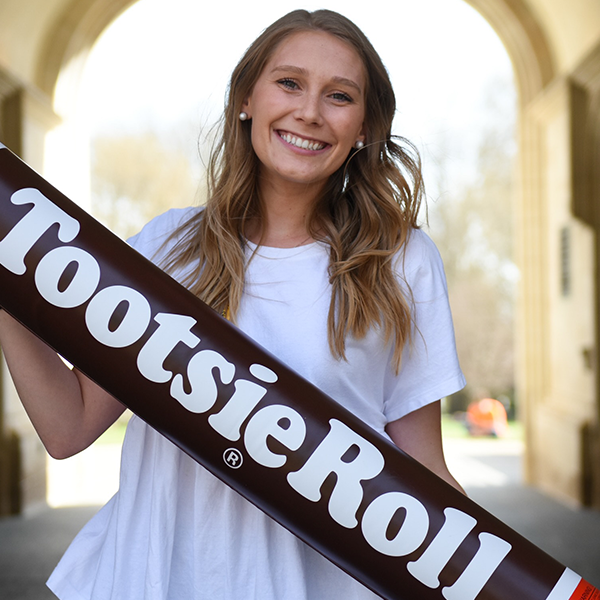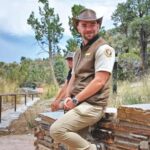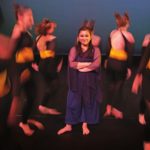
Working Memory Differences in Bilinguals’ First and Second Languages

Name: Ashley Boersma
Major: Cognitive Behavioral Neuroscience
Minor: Spanish
Advisors: Dr. Ashley Abraham and Dr. Evan Wilhelms
I became interested in bilingualism after attending a K-12 Spanish Immersion Program where I learned Spanish and English concurrently and I later continued studying Spanish both at Wooster and abroad. Bilingualism has been a popular area of study for the past couple of decades and research has found many cognitive benefits associated with bilingualism, including working memory. Working memory is essential for successful performance on many cognitive tasks and has been linked to many cognitive advantages. Although research has identified several bilingual advantages, differences in working memory capacity between bilinguals’ first and second languages have been scarcely studied.
Task performance in bilinguals second-language was predicted to carry a heavier cognitive load and, therefore, negatively influence working memory capacity. As a result, it was predicted that first language working memory capacity would be greater than second language working memory capacity. To measure bilinguals’ working memory capacity in both their first and second languages, operation span tasks and reading span tasks were administered. A self-report questionnaire was also used to gather information regarding second language acquisition.
Results were consistent with the hypothesis and revealed working memory capacity to be greater in bilinguals’ first language than in their second language. However, consistent use of a bilingual’s second language shifted working memory capacity to be greatest in that language. Consequently, greater working memory was not necessarily dependent on language status but rather on the frequency of language use.
Click here to view Ashely’s presentation.
Ashley will be online to field comments on April 16:
noon-2pm EDT (PST: 9-11am, Africa/Europe: late afternoon)
Posted in I.S. Symposium 2021, Independent Study on April 10, 2021.
Related Posts
Related Areas of Study
Neuroscience
Psychology, chemistry, philosophy, computer science, and other disciplines combine in the study of the nervous system
Major

